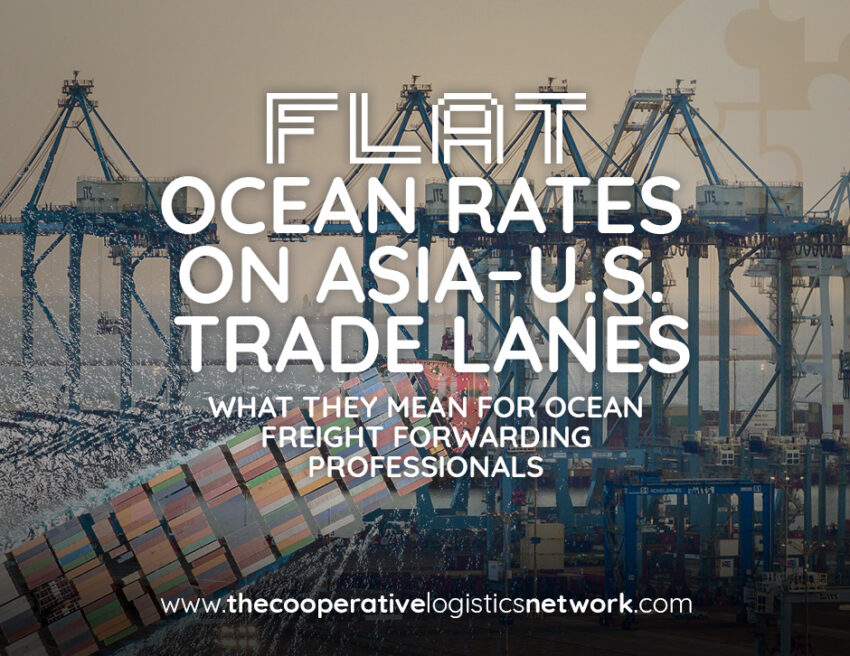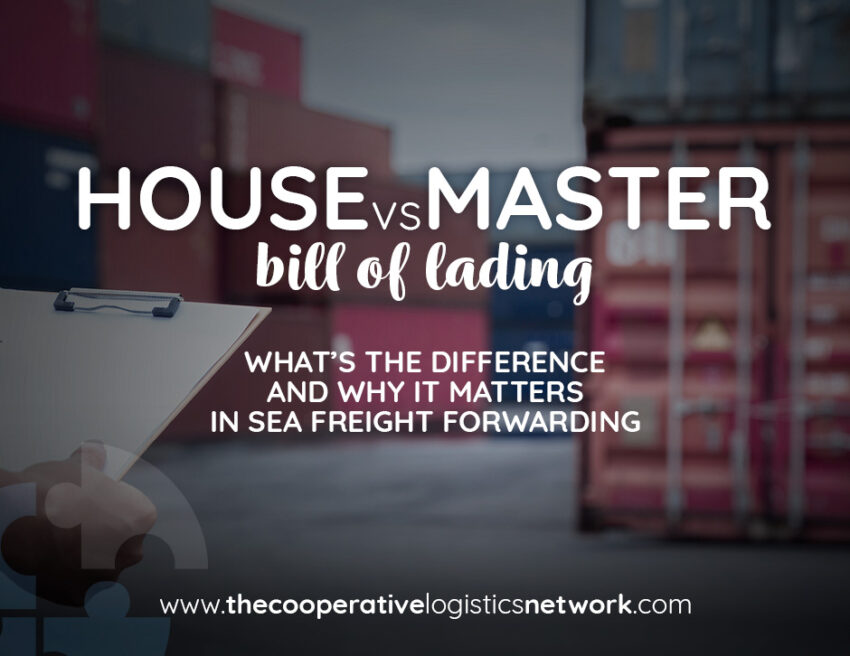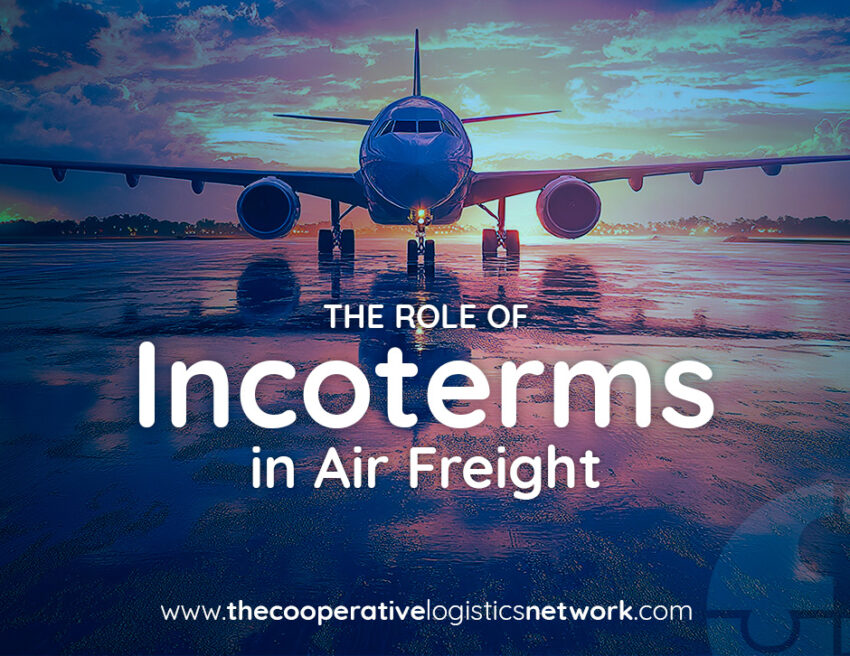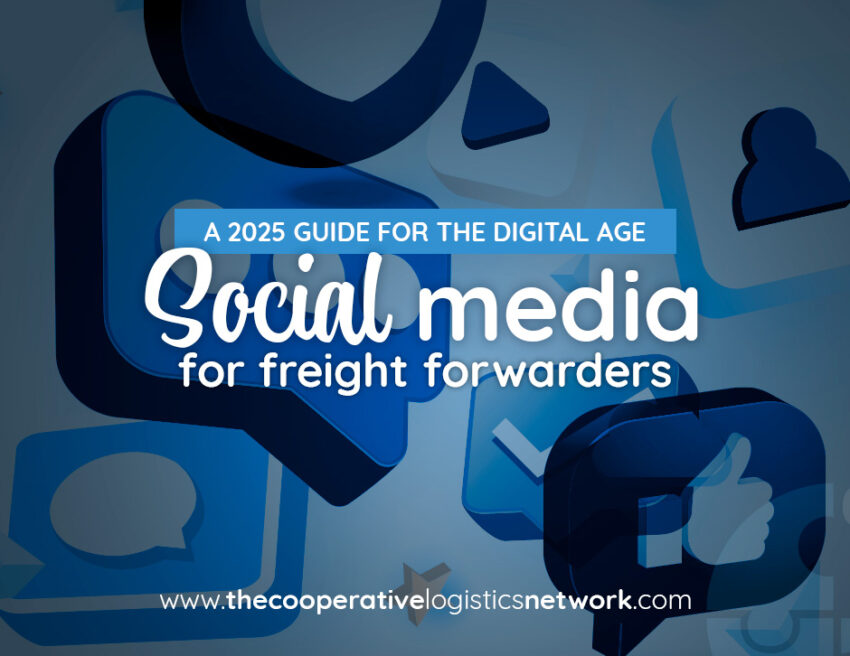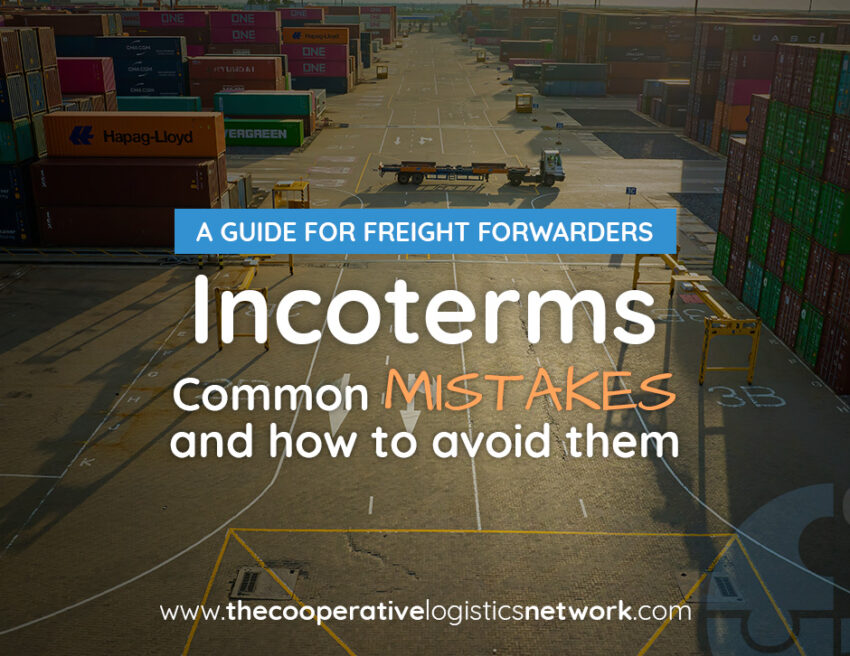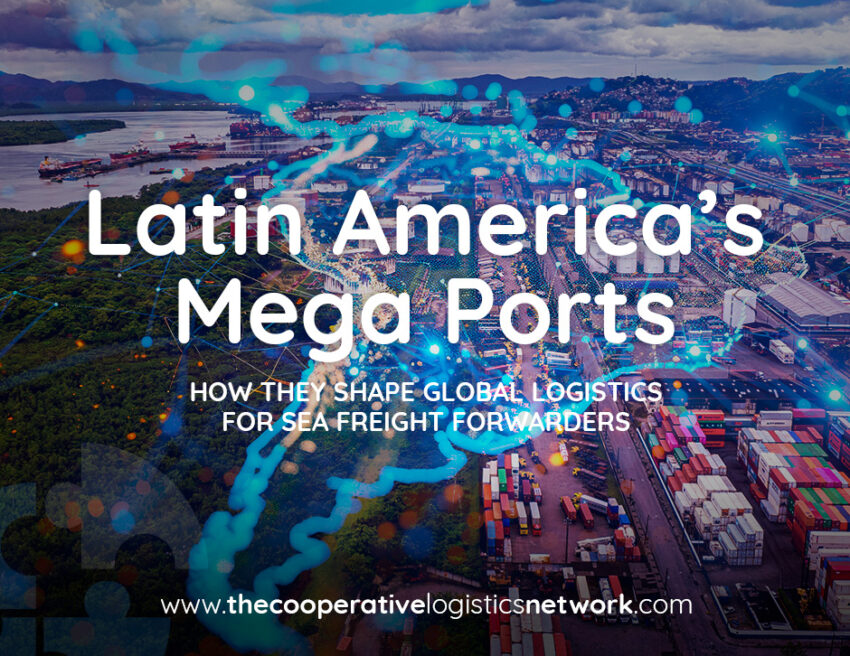Asia continues to dominate the global logistics landscape, and 2025 promises to be a landmark year for freight forwarding companies looking to expand in this dynamic region. With booming economies, rising trade volumes, and evolving supply chain demands, several Asian markets are emerging as the fastest-growing hubs for freight forwarding operations. For freight forwarders in…
The Cooperative blog
Category: Logistics articles
What Flat Ocean Rates on Asia–U.S. Trade Lanes Mean for Ocean Freight Forwarding Professionals
If you’re an independent freight forwarder working in ocean freight forwarding, the recent news about spot rate stability on Asia–U.S. trade lanes might seem like a welcome break from volatility. But the reality is far more complex. According to Xeneta, average container spot rates from Asia to the U.S. West and East Coasts have held…
House vs Master Bill of Lading: What’s the Difference and Why It Matters in Sea Freight Forwarding
When goods begin their journey across oceans, they do so wrapped in layers of documentation. Chief among these is the Bill of Lading (B/L) — a document that plays multiple roles: it’s a receipt, a contract, and a title of ownership. But here’s where things get a little tricky. Did you know that there are…
Green Freight Forwarding: 7 Simple Tips to Lower Your Carbon Footprint
In today’s global trade landscape, logistics professionals are under increasing pressure to deliver faster, cheaper, and—most critically—cleaner solutions. Climate change and environmental degradation are no longer distant concerns; they are immediate business challenges. For freight forwarders, this moment represents a major turning point. Sustainability is not just a buzzword—it’s a competitive advantage. Companies that fail…
Decoding the EU’s CBAM for freight forwarders: A guide to understanding and preparing for new carbon tariffs on imports
As the world accelerates its shift toward decarbonization, the European Union has introduced one of the most ambitious climate policies to date: the Carbon Border Adjustment Mechanism (CBAM). For freight forwarders involved in international trade, this new framework is more than just a distant policy—it has immediate implications for import processes, documentation, and client communication….
From Argentina to the World: Why Global Connections Matter for Freight Forwarders in Argentina
Freight forwarders in Argentina operate in one of South America’s most strategic logistics hubs, yet they face increasingly complex challenges—from economic fluctuations and regulatory changes to rising competition and customer expectations. In the world of international trade, location alone is no longer enough to guarantee success. In such a landscape, the ability to connect with…
The Role of Incoterms in Air Freight: A Guide for Air Freight Forwarders
Air freight is one of the fastest-growing sectors in global trade, providing businesses with a vital link to international markets. As an air freight forwarder, understanding the intricacies of Incoterms—the international commercial terms governing the responsibilities of buyers and sellers—is essential for providing effective service. The proper use of Incoterms ensures smooth air freight operations,…
Smart ways to use social media for freight forwarders in 2025: A guide for the digital age
Is social media really necessary for freight forwarders? Can platforms like LinkedIn or Facebook actually generate business leads for logistics companies? And is it worth investing time in B2B networking apps when most freight deals are finalized through calls and emails? The answer to all these questions is a resounding yes. In an industry as…
Incoterms for Freight Forwarders: Common Mistakes and How to Avoid Them
In the complex world of global trade, Incoterms for freight forwarders are not just useful—they’re essential. These standardized trade terms, published by the International Chamber of Commerce (ICC), clearly define the responsibilities of buyers and sellers in an international transaction. They clarify who pays for shipping, who arranges insurance, who handles customs clearance, and where…
Latin America’s Mega Ports: How They Shape Global Logistics for Sea Freight Forwarders
Latin America is home to some of the most dynamic and strategically positioned ports in the world, serving as crucial trade arteries connecting international markets. These mega ports are not only transit hubs but also serves as the backbone of global supply chains, driving economic growth and facilitating commerce across continents. As cross-border trade intensifies,…



